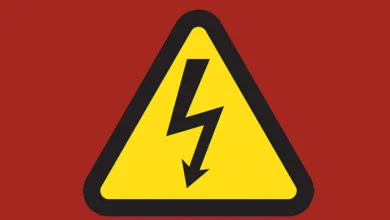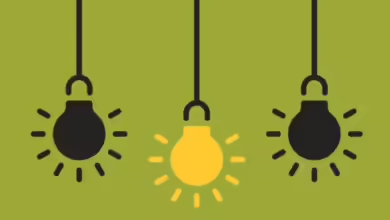When the Honeymoon Phase of Retirement Is Over

It was a Monday morning, about five months after Jack retired, that I received an email from him. He wanted to set up a meeting. STAT.
He felt that his retirement “honeymoon” was coming to an end. His honeymoon phase started the week after a fulfilling career. He was the guest of honor at several retirement celebrations hosted by colleagues and his friends and family. He took his family to Disney World the following month, a trip that had been rescheduled twice due to the pandemic. “To see the kids’ eyes light up when meeting each of the Disney characters was magical and worth the wait, making for the best vacation ever.” He and his wife vacationed in Greece a month later, another magical experience.
Then it happened. And it’s not unusual as the retirement honeymoon winds down. Jack started experiencing “transition tremors.”
After all the excitement, he was feeling deflated and struggling. He listened to a podcast about retirees with similar experiences. They were all going through a predictable case of “transitional tremors,” all uncertain about what would be on the other side of their transition.
Some ended up unretiring, re-inventing, recharging, and re-purposing, and this piqued his interest.
Jack was financially secure. He was struggling with a reason to get out of bed in the morning. For 32 years, just about every day, he led a very structured, predictable, and meaningful lifestyle. This was no longer the case.
When we think about retirement, we think about what we will do and gain: sleep longer by deleting the early morning alarm, travel more, enjoy more time on hobbies, volunteer, spend more time with family and friends, and the list goes on. And why not? It’s deserved and should be included in this phase of life.
It’s not unusual for retirees to think about what they will lose and plan how to replace the losses. Jack lost his role as a leader in a CPA firm, his purpose, being engaged with others, and remaining relevant, all part of his day.
As retirees enter retirement, these situations collapse. And unless they are aware and prepared for this, it could throw them into a transition tremor.
Phasing Out of Retirement
Jack ultimately came up with what he refers to as “the perfect unretirement opportunity” and is now back to leading a meaningful and purposeful life. Not only is it a “win” for him, but it is also a “win” for the company he is working for.
Jack became a part-time mentor in an accounting firm. Bringing his expertise, experience, wisdom, and leadership skills, he has replaced what collapsed, giving him a reason to get out of bed in the morning and back to leading a meaningful and purposeful lifestyle. And he has the flexibility to enjoy all activities he was looking forward to doing even though he considers himself “unretired.”
The word “retire” means to withdraw, which he did not want to do. According to an NBC broadcast in May 2023, “Unretirement is a new trend in the U.S. labor market.” Even though it’s often for financial reasons, that’s not always the case. As the honeymoon phase of retirement ends, some retirees just want to get back to doing something meaningful.





